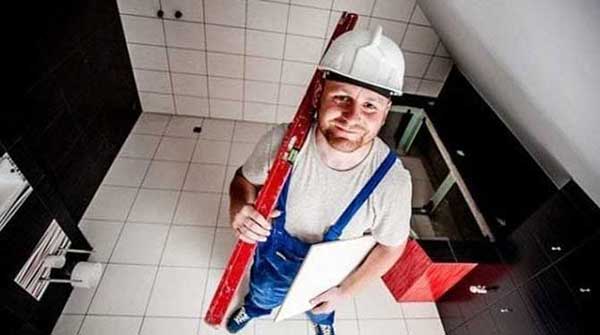By Nobina Robinson
Polytechnics Canada
and Sarah Watts-Rynard
Canadian Apprenticeship Forum
Canada’s economic landscape is changing. Look no further than the March 22 federal budget and follow the money. Big chunks of funding will be delivered to the likes of artificial intelligence (AI), clean tech, the digital economy and agri-food.
Lost in the budget, however, was any explicit mention of the skilled trades, apprentices or the role they will play in Canada’s new innovation-centred economy. Despite a focus on skills and massive investments in infrastructure, building the knowledge and capacity of Canada’s tradespeople was largely overlooked.
As the Canadian government sets its sights on innovation through all that is high-tech, we must recognize that Canada’s skilled tradespeople, apprentices and the institutions they train at (particularly Canada’s leading institutes of technology, polytechnics and colleges) operate at the forefront of technology in their own right.
When talking innovation (and building the skills for innovation), skilled tradespeople, and the apprentices who make up their future cohorts, must be included. Technology’s impact on industry is undeniable and the trades are no exception. In a multidisciplinary, increasingly science-technology-engeering-math-(STEM)-intensive world, that’s especially true.
To cope with technology’s impact, those in the skilled trades are adopting models of lifelong learning that merge the technical, the technological and the mechanical. Today’s toolbox is brimming with technology and so are the classrooms in which apprentices train.
Take automotive service technicians. Today’s cars are a complex mix of on-board computers and mechanical components. With the explosion in popularity of electric cars and a future of autonomous vehicles, the knowledge and skills needed by tomorrow’s technicians will be even greater.
Technicians will be part of multidisciplinary teams that can update a car’s software over Wi-Fi, understand car-to-car wireless communication and integration into the Internet-of-things, repair on-board hardware, and care for the mechanical functionality of hybrid, electric and combustible engines.
To keep pace and ensure the success of apprentices, classrooms are as innovative as the environments in which they will operate. Today’s apprentices learn to diagnose engine problems using mobile-based apps, familiarizing themselves with work in a variety of environments through simulators, using virtual and augmented reality to build valuable real-world experience and taking courses delivered online through blended learning to allow for theory-based knowledge to be transferred while on remote job sites.
Today’s trades require a whole new set of skills on top of those passed down from mentors. The ability to use and work alongside an array of technologies is paramount to success. When an HVAC technician goes out on a job, she or he needs to be able to diagnose issues with a 10-year-old furnace or a new one, and everything in between.
As lines between specializations blur and technological complexity increases, skilled tradespeople become indispensable to multidisciplinary teams and must learn to function as such.
As the world becomes more connected, there’s enhanced value in STEM-related knowledge. As Canada’s economy pivots to one that is innovation-centric, there must be a recognition that skilled tradespeople and apprentices play a significant role in Canada’s innovation landscape.
There is no monopoly on innovation – it includes the apprentice as much as it includes the app.
Nobina Robinson is the CEO of Polytechnics Canada. Polytechnics Canada is a champion member of CAF-FCA. Sarah Watts-Rynard is the executive director of the Canadian Apprenticeship Forum (CAF-FCA).
Nobina and Sarah are Troy Media contributors. Why aren’t you?
The views, opinions and positions expressed by columnists and contributors are the author’s alone. They do not inherently or expressly reflect the views, opinions and/or positions of our publication.




